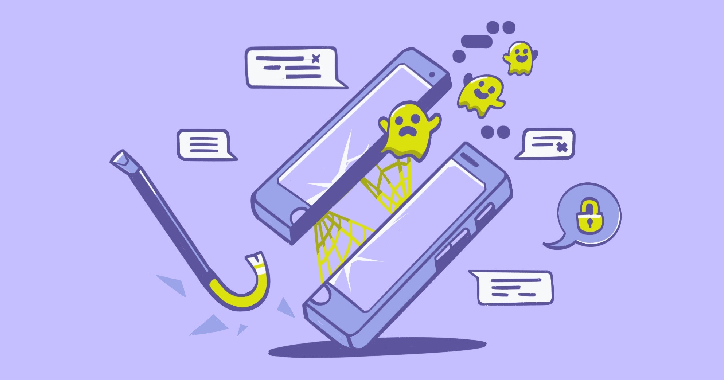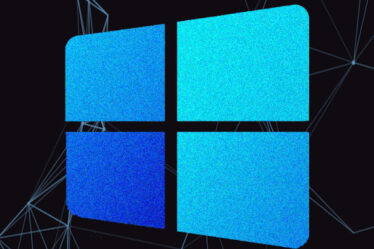
In 2022, a British student booked a flight to Spain and shortly before the departure, he sent a joking message to his friends via Snapchat, saying, “I am a member of the Taliban and will blow up the plane.” Subsequently, as the plane took off, he and the passengers were surprised to see Spanish Air Force F-18 fighter jets accompanying the flight until it landed.
The British authorities intercepted the message, shared it with the Spanish authorities, who took precautionary measures and arrested the student, referring him to trial. Fortunately, in January 2024, he was acquitted of the charges due to a lack of evidence linking him to terrorist groups.
What can we infer from this story? We often use social media and messaging apps without realizing the extent of encryption and security they provide for our data. Some assume their communication is entirely private, while others dismiss concerns, saying they have nothing to hide. However, should we reconsider the impact of a student’s future due to a joke?
Snapchat employs end-to-end encryption only for protecting photos and videos, not text messages. Unlike apps like Signal and WhatsApp, which use end-to-end encryption for all features, monitoring and intercepting messages are easier with Snapchat.
Bear with us for a moment, but you need to understand what “end-to-end encryption” is. It encrypts data on the sender’s device and decrypts it on the recipient’s device, without decryption happening anywhere else along the way. This means that the data is unreadable for any third party intercepting the message during transmission.
Law enforcement has various methods to access information, such as direct phone surveillance, monitoring sent and received communications, decrypting if possible, and analyzing metadata. However, the crucial point here is the significant difference between end-to-end encryption and “regular” encryption. End-to-end encryption is extremely difficult to intercept and decrypt easily (like the distance between Britain and Spain). What was merely a joke in a private chat room between the student and his friends could have jeopardized his future.
Always remember that the internet is not as secure as it seems, and you need to take steps to ensure it’s challenging to trace or access your private messages. Before sending a “heavy joke,” first ask yourself: What type of encryption does this app use?
Here is a list of some services that use end-to-end encryption:
- The “Signal” and “WhatsApp” applications use end-to-end encryption to ensure that conversations between you and the recipient remain private and inaccessible to others.
- Data storage services like Mega and Proton Drive offer options for end-to-end encryption of data.
- Email services like ProtonMail.
Before using any service, it’s essential to check their security and privacy policies and opt for services that provide clear details on how they protect your data.



